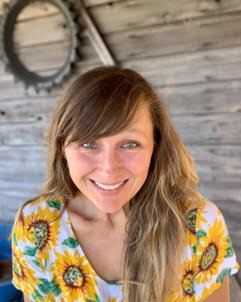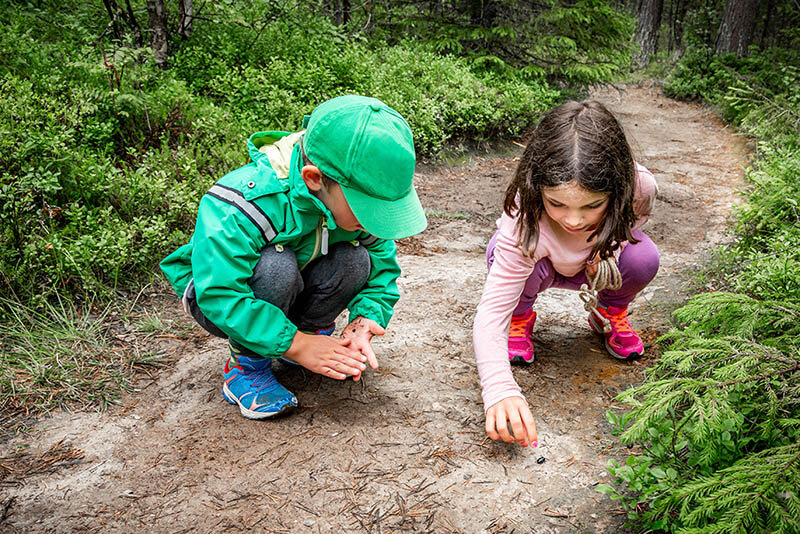So, you want to start a pandemic pod? There may be some pitfalls.
/Meagan Welch is an AMI Montessori trained guide with a master’s degree in education who serves as the director of Julia’s Garden Montessori Family Learning Center. She has a passion for sharing the insights of Dr. Maria Montessori’s profound discoveries into human development with children and families. Below, she shares her candid thoughts and concerns on the emerging phenomenon of pandemic learning pods.
The “pandemic pod” phenomenon has exploded with an immediacy never seen before in education, and things are getting strange. There are pods hiring lawyers to write up contracts with Covid-19 infection contingency plans. People are ponying up serious cash to hire teachers directly. Freelance teaching is now “a thing.” There are internet forums and websites functioning as ad hoc HR departments to help connect families with similar exposure levels. Strangers are attempting to create very intimate learning environments for children run by parents with no educational background at all. What could go wrong?
Just to be fair, I would want a pod, too. If my children were still young, I would be trying to find a small group of families with children of similar age to make a little network that would allow the children to learn and play safely with friends and give parents time to do important adult things, like take showers, or make a living. As a school leader, I receive regular requests that go like this: “We are looking for a 5-year-old girl for our pod. We are being very careful. My husband works from home, and we only receive curbside groceries. Do you know anyone?” I want to help, but . . . I mean . . . really? Let’s do some unpacking.
COVID Careful?
Can I just say that my teenage daughter’s version of being “careful” and my version of being “careful” regarding exposure to the virus are really different? If she wears a mask in the car with her friend for 10 minutes she was being “like, sooo careful.” No more explanation needed for this one, really. People are hiring lawyers. There is the pesky life-or-death risk to every single thing we do right now. Pandemic pods included.
Personality Dynamics
Have you ever tried to have dinner with another family? How many times have I met another mom whom I badly wanted to befriend, but our daughters were like oil and water and our husbands ambivalent? Or the children loved each other, and we adults were miles apart politically. Personality dynamics are no joke in an average-size classroom, and in a very small group they are even more intense. I worry that parents have this idea of the perfect child to complement their own child’s needs—someone to be their best friend and inspire them to learn in just the right ways. In reality, children are complicated, just like adults are, and they come with their own conditions.
Parents are naturally tolerant and protective of their own children. To say it mildly, we are irrationally biased toward our offspring. I often find that parents are lost when guiding their children in a typical playground conflict. Negativity bias influences how children process healthy conflicts, and parents are particularly vulnerable to their own child’s struggles. How many times have I listened to an irate parent convinced another student is “bullying” their child, when in reality the two children are best friends? Parents’ anger comes from love for our children, but bias can cloud our judgment and make us ineffective. Teachers are experts at using personality dynamics as opportunities for social-emotional learning. They know how to teach important conflict resolution skills on the fly. Parents will need to skill up and check their bias if they are going to create an emotionally safe environment conducive to learning.
Safety (not just from COVID-19)
Childcare centers and schools go to great lengths to create a safe environment. Are people doing safety risk assessments in their homes? What’s safe to do in your backyard when your Dad is watching is not necessarily safe for your friend because they may not have the same skill set. Is the backyard playscape age-appropriate for all the children in the pod? Setting limits on playing safely with other people’s children will take some practice, and preparing the home to prevent accidents is a good idea. What about first aid and CPR certification? Is there an emergency action plan?
Shared Values
A school is a community of families with some level of shared values. Whether you choose traditional or alternative, the school your child will attend says a great deal about your values. Pods that have a connection to a larger community network, like a school, may be more successful because they will have an educational philosophy to help them create agreed-upon parameters. A shared vision will carry communities through conflict and struggle. Families will need a philosophical backbone to lean on when the going gets tough.
City and State Regulations
It may surprise some families to know every state and city already has a set of guidelines and minimum standards for in-home childcare. The State of Texas has three categories—Licensed Child-Care Home, Registered Child-Care Home, and Listed Family Home—each with specific minimum standards, reporting expectations, and possible inspections. Most of these regulations are lowest-common-denominator type requirements meant to protect children from the worst of the worst scenarios, but it may be worth noting that some pandemic pods may already fall into the state’s categories and need to follow specific guidelines. If the pandemic continues on for a protracted period of time—very likely—and schools remain closed or remote, more people will turn to these smaller learning models, and state regulators may play a bigger role than ever before, for better or for worse. Find Texas in-home child-care regulations here and Covid-19 opening guidance here.
Parents are being asked to do so much with so little knowledge in child development theory. I feel compelled to help them. At my little Montessori school, we have decided it’s just not safe to bring teachers and children back to campus until the virus is under control. Who knows how long that will be? In the meantime, we are offering the parents as much support as we can. If you are interested in getting support for yourself, your child, or your learning pod, we are here to help. Find us at juliasgardenmontessori.com or e-mail me at meagan@juliasgardenmontessori.com.
Meagan Welch












